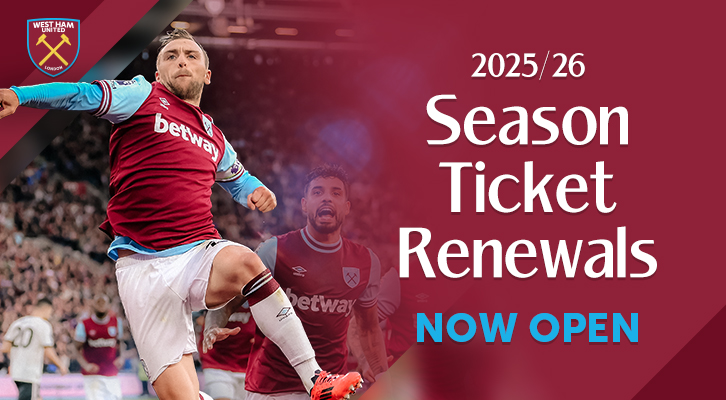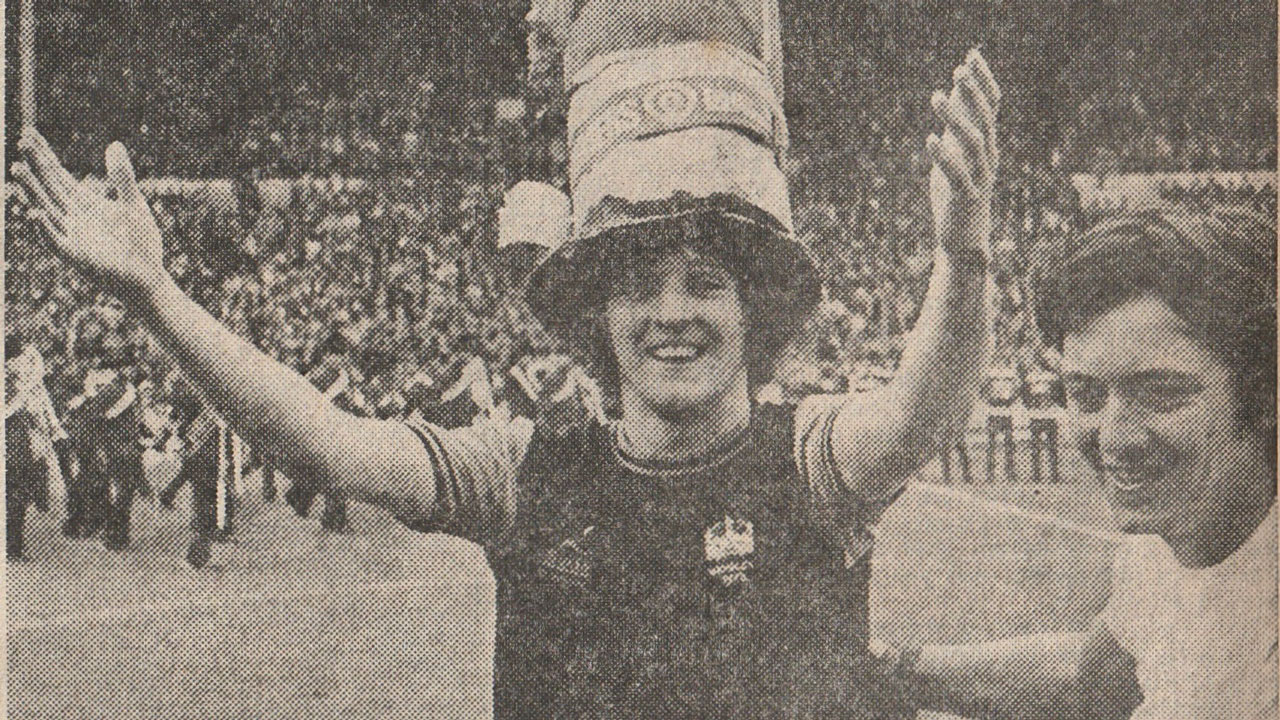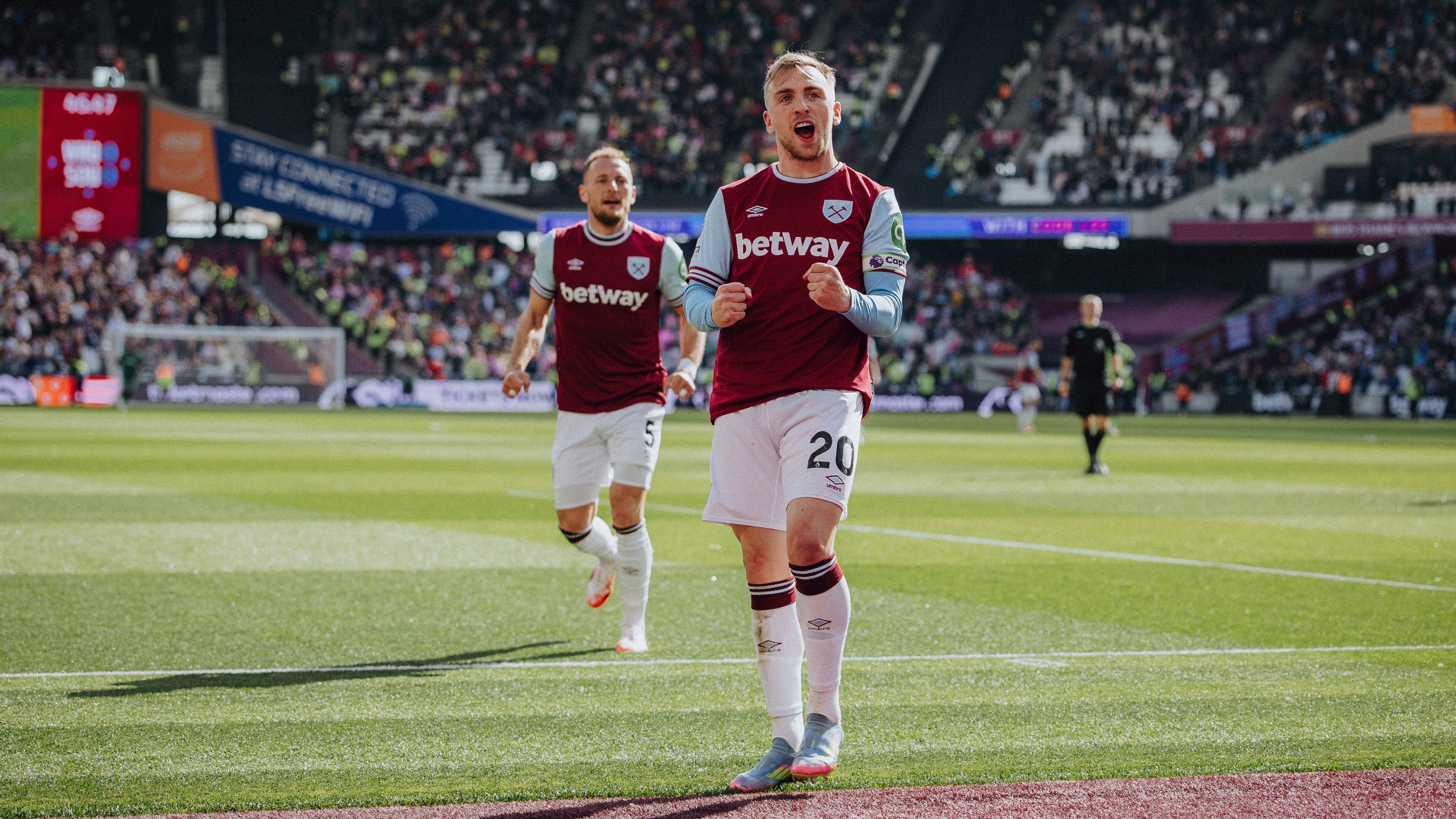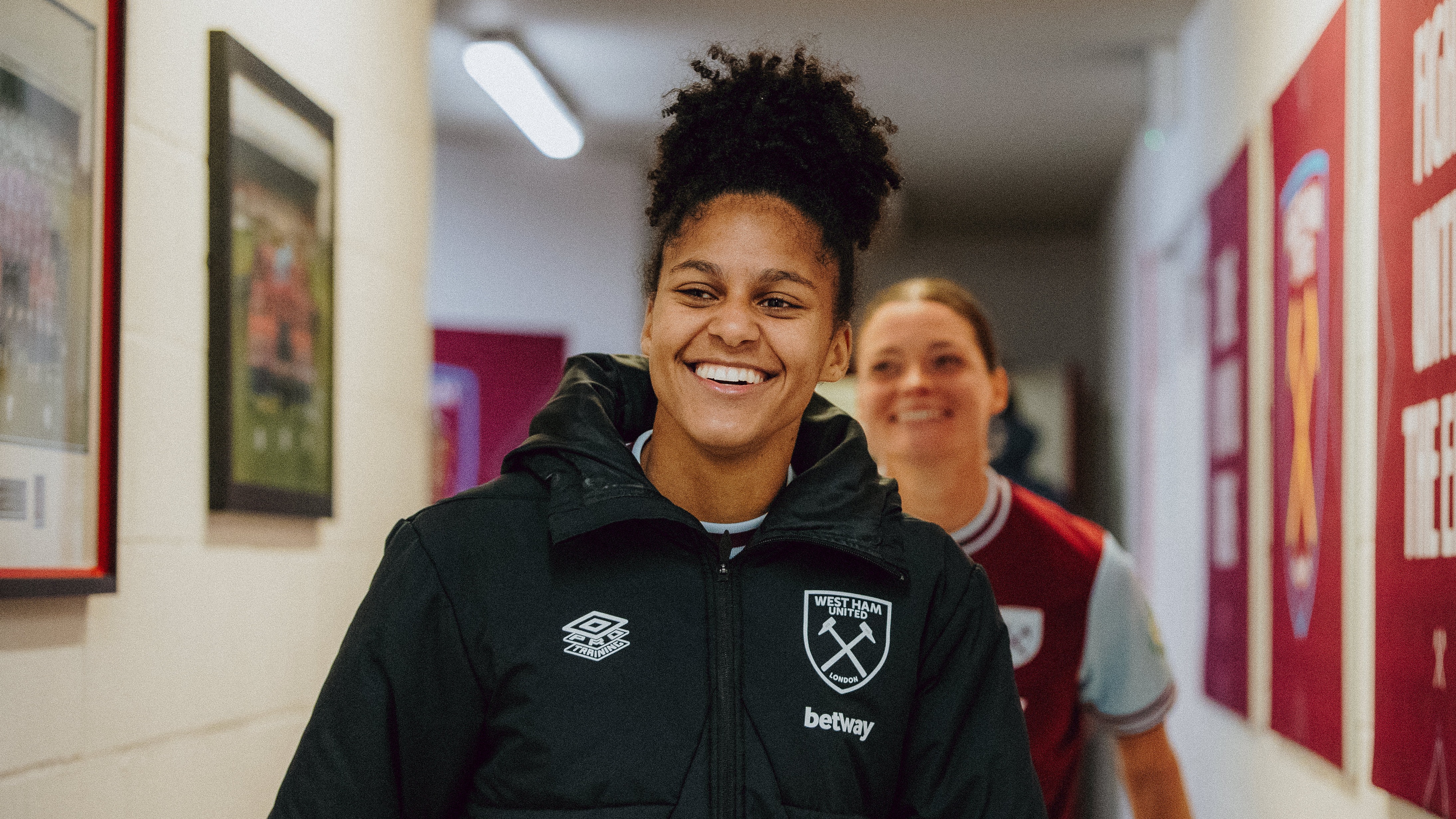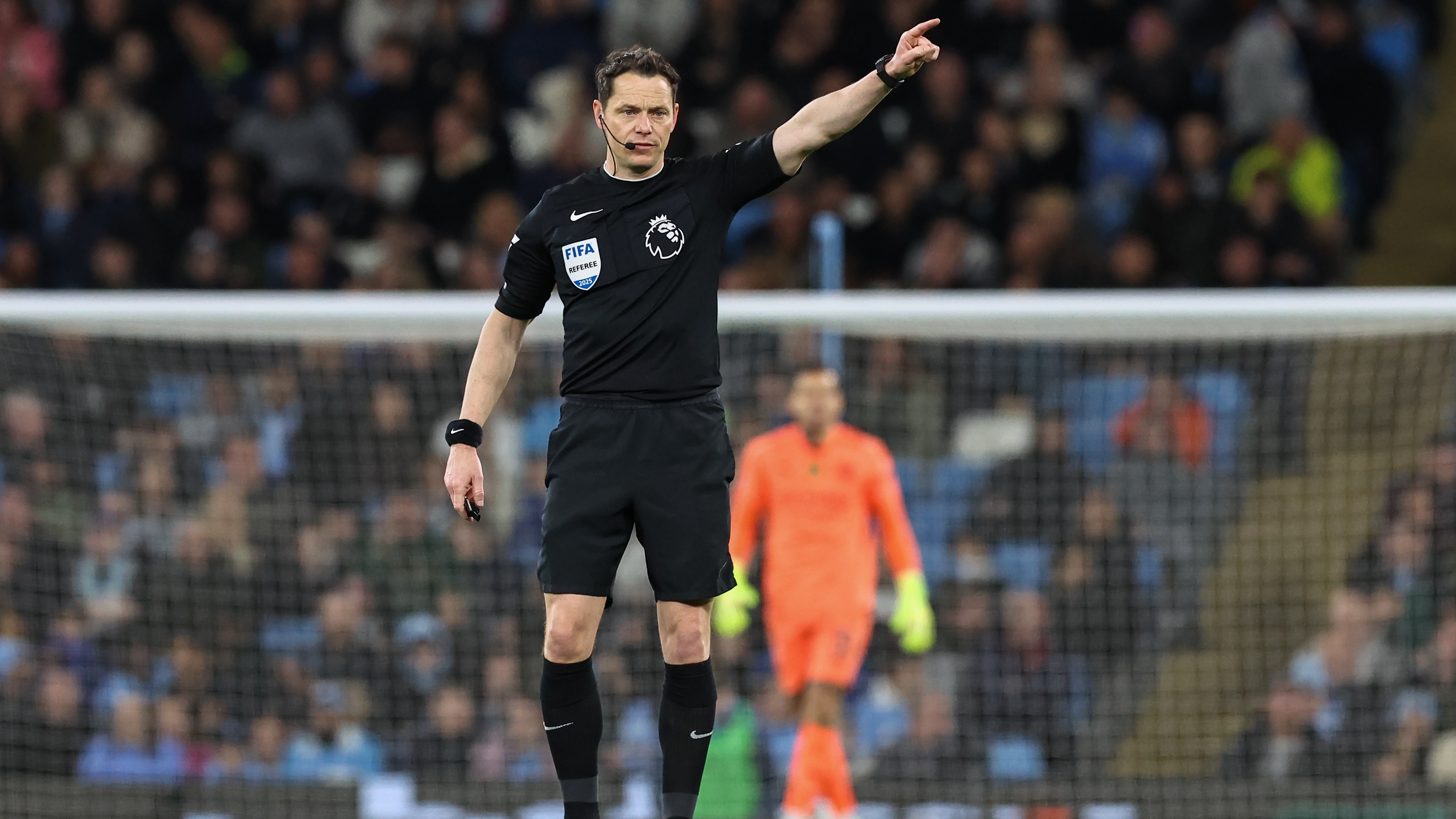Continuing our series commemorating the 50th anniversary of the Club’s 1975 FA Cup triumph over Fulham, former Hammers full-back JOHN McDOWELL recalls an unforgettable journey from Upton Park to Wembley...
Growing up in Plashet Grove, just a Mervyn Day drop-kick from the Boleyn Ground, John McDowell could see the brilliant, radiant glow of the stadium’s famous floodlights from his bedroom window.
West Ham United Football Club was never far from his thoughts.
“All I’d ever wanted to do was play for the Hammers,” insists the 73-year-old, who made 299 appearances across his nine seasons in Claret & Blue. “My Nan would take me to the shops in East Ham and, walking down Green Street, we’d see the first team training in the stadium car park. ‘I’ll be there, one day,’ I’d say. ‘Of course you will dear,’ Nan would reply.
“Later, I’d go and watch the first-team and reserve matches and, afterwards, I’d wait for all the players to come out and get their autographs.
“In 1965, my Dad, Alf, took me to the European Cup Winners’ Cup win over TSV Munich 1860 (2-0). That night, I saw how magical it would be to play in a Wembley cup final for West Ham.
“I also found myself representing a strong Newham Schools side and, after thrashing Havering Schools one afternoon, chief scout Wally St. Pier invited me to train with the Club. ‘Is it okay if you come along on Tuesdays and Thursdays?’ he asked. I just froze. It was such a magical moment for me.
“Aged 16, I then became one of four boys offered a two-year apprenticeship. Once Wally had left our house, Dad, a no-nonsense Irishman, said: ‘Don’t come crying to me if this doesn’t work out.’ I’d got those two seasons to prove myself.”
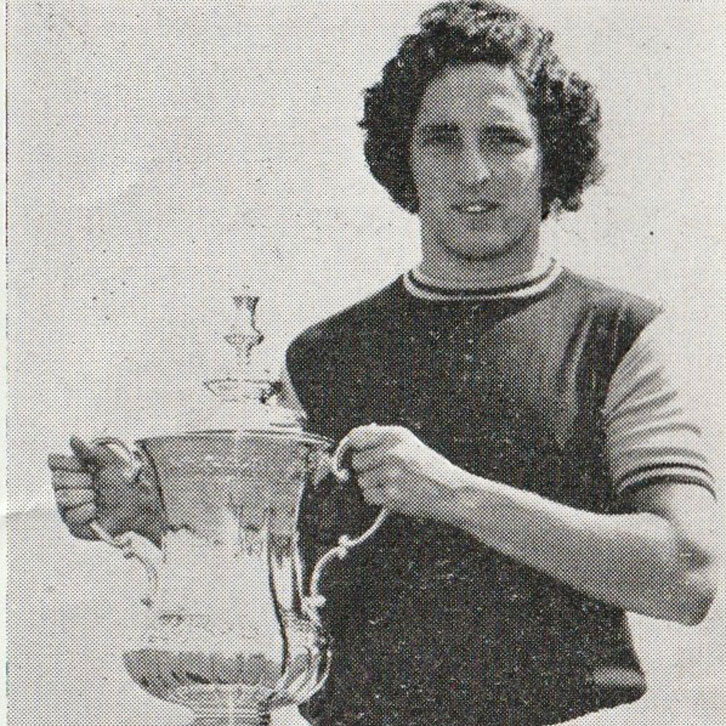
Thankfully, there would be no tears. Johnny Mac passed his apprenticeship with flying colours and, after making his first-team debut against Blackpool (2-1) in October 1970, he went on to wear the No2 shirt in 119 of the Club’s next 128 matches, including an epic 1971/72 League Cup semi-final showdown with Stoke City stretching across four ties.
“We eventually ended up losing the second replay (2-3) but we’d the makings of a good cup side,” observes McDowell. “We weren’t going to win the league because we didn’t have the same philosophy as the top teams. Ron Greenwood just wouldn’t tolerate any gamesmanship or other antics.”
Two seasons later, the Hammers avoided relegation by just one, solitary point. Returning for pre-season training in July 1974, Holland were the team on everyone’s lips, having just run hosts West Germany so close in the FIFA World Cup final.
Led by Johan Cruyff, the ‘Oranje’ had entertained, excited and enthralled a global audience with their care-free style and, as a devoted disciple of the beautiful game, Greenwood had equally been captivated by the mastery of his Dutch counterpart, Rinus Michels, whose side had clogged the likes of Uruguay (2-0), Argentina (4-0) and Brazil (2-0) before falling at the final hurdle (1-2).
“Go and play like Holland. Take up whatever positions you want and play total football!” the Hammers boss urged his sun-tanned squad as they stepped onto the Chadwell Heath training pitches to prepare for 1974/75.
“Ron was a brilliant man. I loved him, but he did have some weird ideas at times,” grimaces John recalling the story of a double-Dutch debacle half-a-century on. “Sure, we’d been brought up playing his pass and move style, but we were three-down against the reserves inside 20 minutes. It was chaos. Tommy Taylor was out on the wing, Patsy Holland kept popping up in central defence and Kevin Lock drifted up front. ‘Ron,’ I said. ‘This ain’t working is it? Tommy’s not Johan Neeskens, Kevin’s not Arie Haan and I certainly ain’t Johan Cruyff!’ Everything was quickly knocked on the head.”
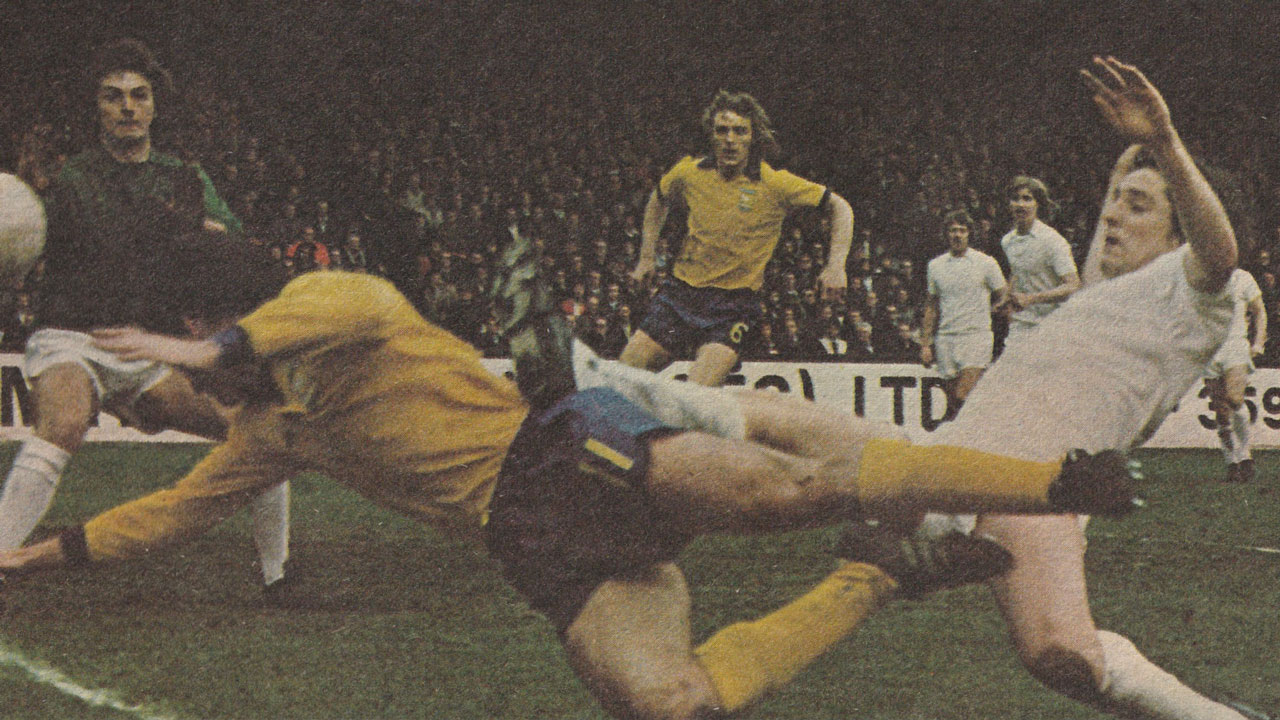
Banishing all pre-season notions of Dutch Orange and Total Football and reverting to Claret & Blue and the West Ham way, there was no inkling of the FA Cup success that would follow as the Hammers won just one of their opening eight fixtures.
But with Greenwood moving ‘upstairs’ and John Lyall becoming first-team manager, there was a sudden change in fortunes thanks to the arrivals of hitherto unknowns, Billy Jennings, Keith Robson and Alan Taylor.
“John’s three signings definitely made a difference,” contends McDowell, who remained a key component of a West Ham side that would then lose only once in 17 matches leading into Christmas. “Robbo played with absolutely no fear. A few games in, he clattered Liverpool’s hard-man Tommy Smith in front of Anfield’s Kop. We looked at each other thinking: ‘Robbo, what have you just done?’ Playing on as normal, though, he later scored in our 1-1 draw. Like I say, no fear.
“Billy was only five foot nine, but he was so good in the air, while Alan had all the pace anyone could ever ask for. I was no slouch but ‘Sparrow’ - terrifying defenders - was like lightning. I’d back him to beat anyone.
“Now, we’d a really good side and reckoned a cup run could well be on,” continues the 13-times capped England U23 international, who deputised for Tommy Taylor in central defence in the opening tie at recently-relegated Southampton (2-1) before then helping the Hammers see off third-tier Swindon Town (2-1) in a tricky replay at the County Ground following a 1-1 draw at the Boleyn Ground. “At home, I’d messed up for Swindon’s equaliser and was especially keen to make sure we went back to their place and did the job properly.”
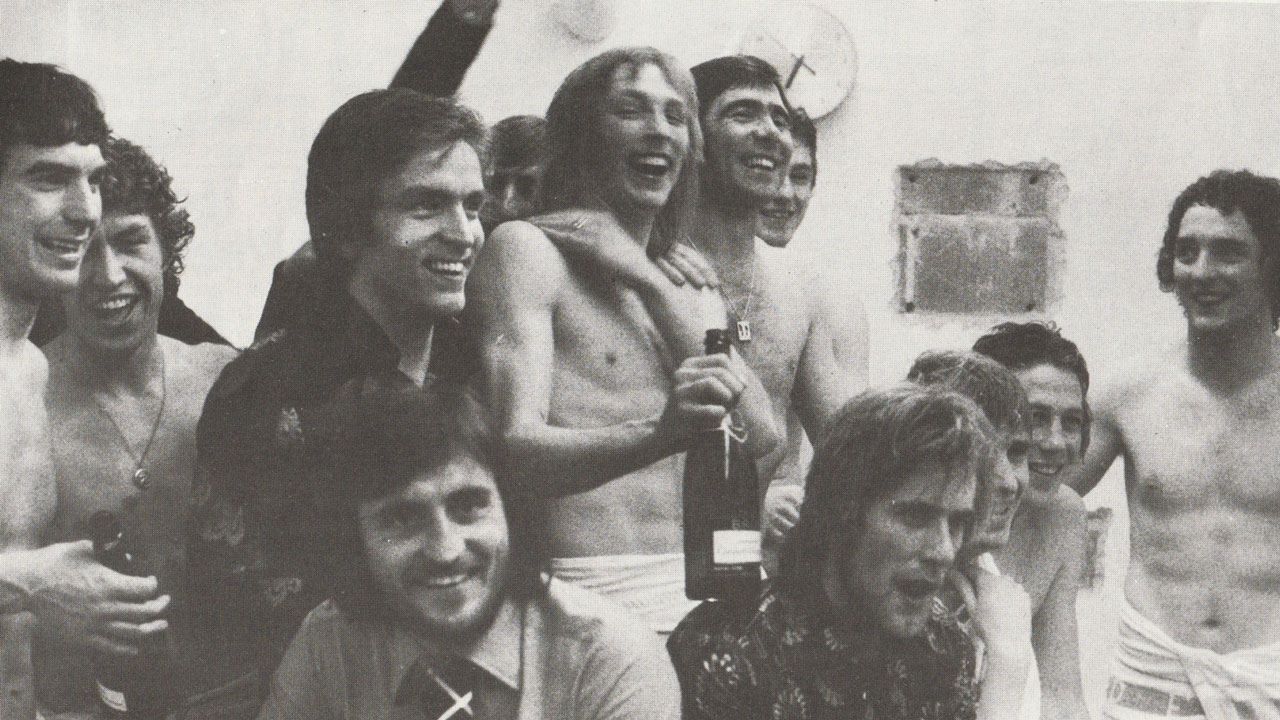
Enjoying home advantage to beat Queens Park Rangers (2-1), West Ham then faced a daunting quarter-final trip to Highbury, where two-goal Alan Taylor was handed his first-ever FA Cup start for the Club following his £40,000 move from Rochdale.
“Arsenal were a really good side with decent defenders but Pat Rice, Bob McNab, Peter Simpson and Terry Mancini weren’t exactly electric at the back so they always got tight onto the strikers,” observes Johnny Mac recalling the Taylor-inspired, 2-0 victory in swamp-like conditions. “That suited us down to the ground. We chipped the ball over their back four and Alan set off like a rabbit. Our ‘keeper Mervyn Day also collided with [future Hammer] John Radford in all the mud but the referee took the conditions into account and, thankfully, there were no Video Assistant Referee (VAR) reviews back then.
“To win any cup you’ll always need a bit of luck along the way and we got ours at Highbury.”
More good fortune followed against Ipswich Town in the semi-finals, too.
Following a goalless draw at Villa Park, Taylor bagged a second double in the Stamford Bridge replay, where another officiating decision came to the Hammers' rescue in our 2-1 victory.
“Ipswich had a goal ruled out and, to this day, I still cannot see why it was disallowed?” confesses Johnny Mac. “The referee obviously saw something that we didn’t but only he knew what that was. I’m still very grateful to him, though.
“It hadn’t been an easy run to Wembley because we’d had to win two tricky away ties at lower league sides and then beat three top teams in QPR, Arsenal and Ipswich.
“Fulham were second-tier underdogs for the final but they were no mugs. They’d already beaten three top-division clubs - Everton, Carlisle United and Birmingham City - and had Bobby Moore and Alan Mullery in their team, too.
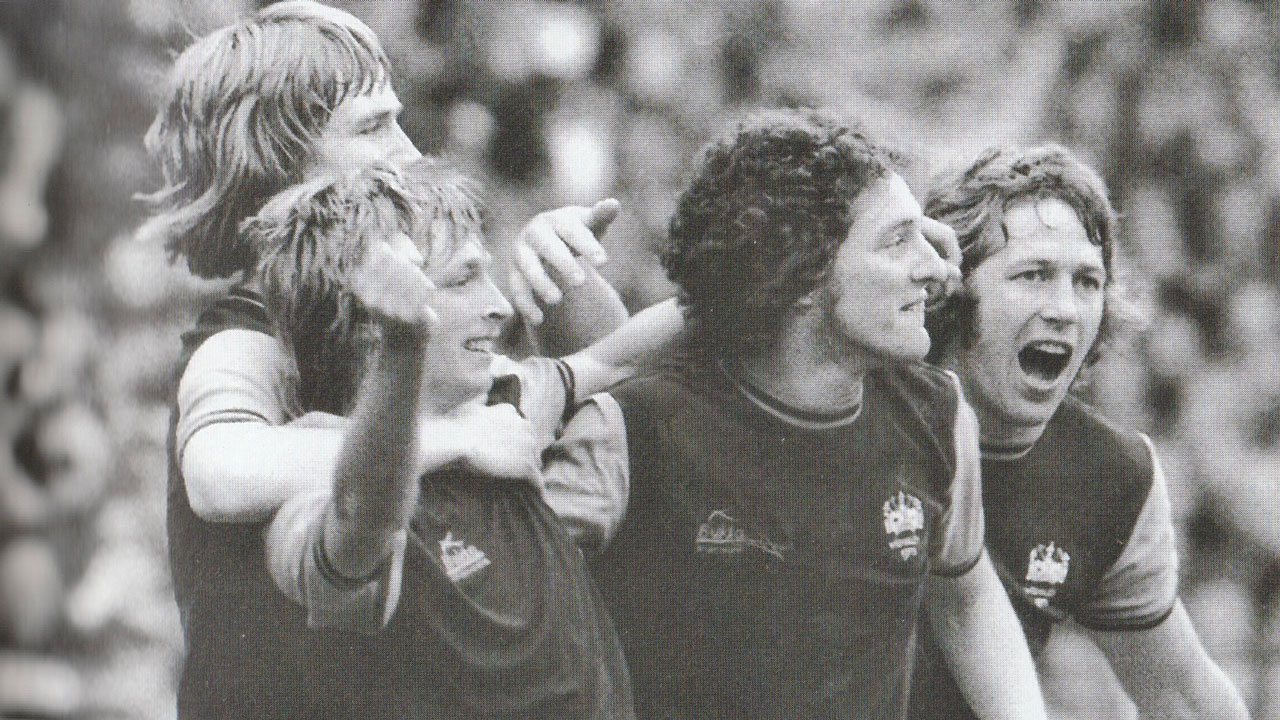
“I’d been in awe of ‘Mooro’ both as a fan and then as a team-mate. But Bobby was eleven years older and, although we’d got on well, we weren’t friends as such. I wasn’t in his social circle and some of the people he mixed with were in a different league, anyway.
“As a footballer, Bobby was simply out of this world but at Wembley I had to make sure he was just another opponent,” contends McDowell recalling a glorious May afternoon that famously saw a third Taylor double give the Hammers a 2-0 victory over the Cottagers. “The build up to Saturday remains a blur although I remember recording the traditional cup final record and getting measured-up for our suits.
“I never thought we’d lose the final but just after we went 1-0 up, Les Barrett did break away and, being last man, I spun him around and he lost possession. I’d always told myself: ‘The ball can go past me. Or the man can go past me. But they don’t both go past me together!’
“Fortunately, the referee didn’t even give a foul which was a bit of a result because on another day things could’ve turned out much worse.
“Apart from that moment, I came off at the final whistle reckoning we’d easily beaten Fulham but when I watched a video replay of the match a few years later, it was much closer than I’d ever imagined.
“Having been at Wembley in 1965 for that Cup Winners’ Cup victory, it’s still mind-blowing to think I was back there playing for West Ham in an FA Cup final just ten years later.
“Sunday’s trophy parade was very special, too. I came from the area but hadn’t realised just how many people lived in the East End. Driving through Aldgate and Mile End, the crowds began to grow and grow before the streets leading up to East Ham Town Hall - the very ones I’d walked along with Nan all those years ago - became jammed solid.
“Despite it being 50 years ago, our FA Cup win still remains so relevant to so many people,” concludes the semi-retired grandfather, who now lives on the Lancashire coast. “I’ve also got so many personal memories that no-one can take away from me. How many kids go on to win the FA Cup playing for the team they’ve supported all their life? I achieved the impossible dream.”
